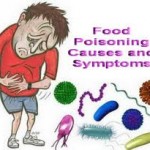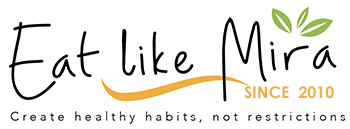 In these recent confiscations of expired food items, our food concern is high over the effect on public health!! Not only the expired food are our concerns but also the shocking food poisoning cases we’ve been hearing about!
In these recent confiscations of expired food items, our food concern is high over the effect on public health!! Not only the expired food are our concerns but also the shocking food poisoning cases we’ve been hearing about!
It is shocking indeed, but are all these blacklist restaurants for real!?! Even the most fancy ones?!!
First, to talk about the expired products, the main reason for that is no doubt irresponsible people which usually should be in charge of that, whetether in restaurants, in coops or in shops.
Confiscation is the key for that issue.
Expired items should not be the only concern! Food preparation and hygiene standards are the most important factors in avoiding infections.
Regarding the spoiled food!! Food in general can contain a variety of bacteria, depending on the source.
The unsafe products list, according to government officials, ranges from chewing gum, potato chips and coffee to the staples of meat, chicken and fish, cheese and labneh.
Meat might contain most of the harmful bacteria, with the most common ones: e.coli, salmonella and campylobacter jejuni.
So eating food infected with these bacteria causes diarrhea, vomiting and abdominal cramps. But these general symptoms are not very severe and last from 2 to 5 days. If the symptoms are more severe, we should contact our doctor.
On the other hand, food containing bacteria when cooked at hot temperatures are fine if we know the sources for sure as I said before. So avoiding raw meat products from untrustworthy sources is advisable, same as staying away from all unpasteurized dairy products.
Plus do not keep your food for more than 2 days! The bacterial infection increases the longer the food is kept, and when stored unproperly.
Check that cold food is kept in the refrigerator or on ice. If the food is frozen, it should be well and solidly frozen without a lot of frost in the package, which indicates that the product might undergo thawing.
– Never buy chilled food from a shop that stores it at room temperature.
– Check that food is kept hot before you buy. Food from take-away outlets should be eaten within two hours. Reheating food is not advisiable!
Keep raw meat/poultry separate from other food when it is defrosting. This will prevent contamination of the other food with food poisoning bacteria.
Ready-to-eat food such as dairy products, cooked meats, leftovers, other packaged foods etc should all be kept covered on shelves above raw meat and poultry.
Food safety starts at home… Be aware of eating raw food which can be richer in harmful bacteria… Drink a lot of water to avoid dehydration as this causes a drop in your immune system and so more complications!



 WhatsApp us
WhatsApp us